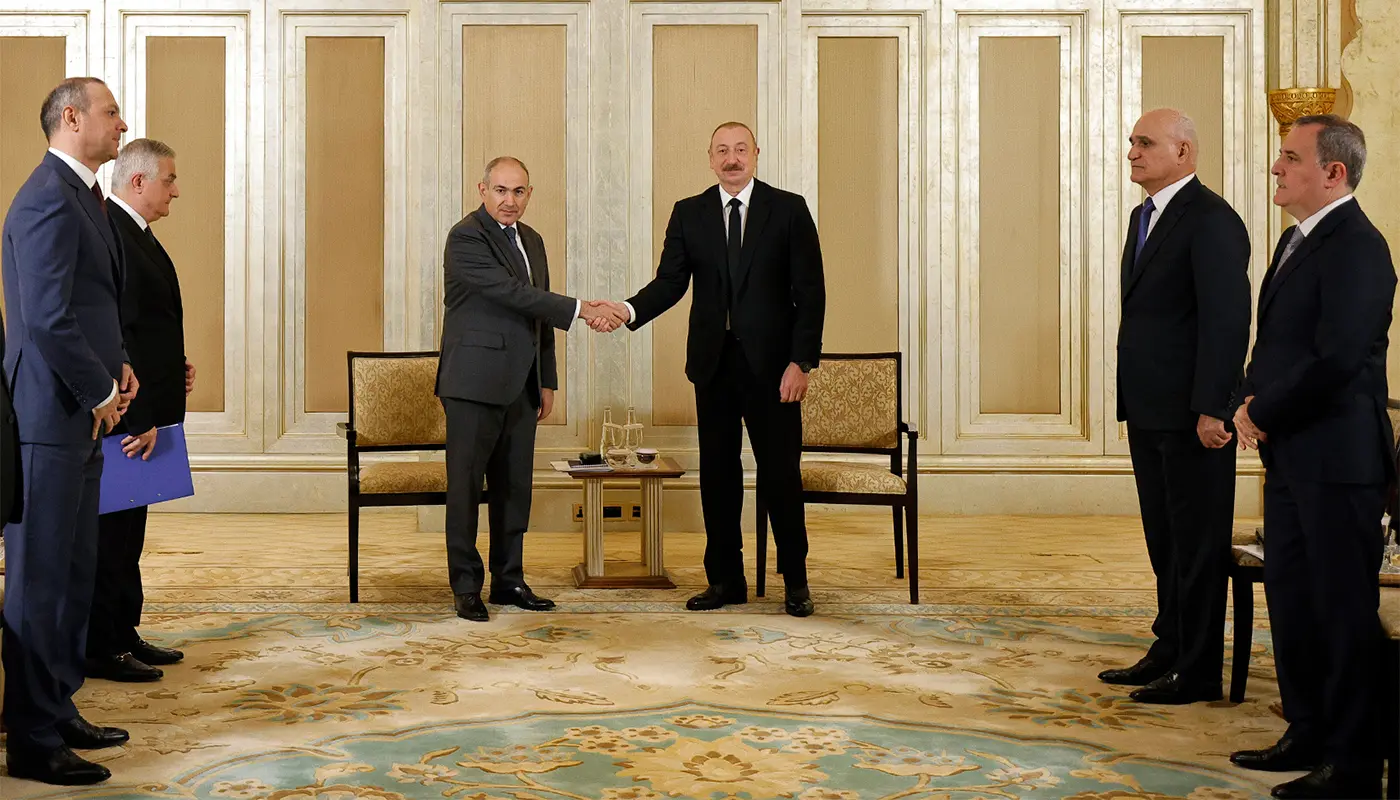YEREVAN/BAKU – Armenian Prime Minister Nikol Pashinyan and Azerbaijani President Ilham Aliyev are scheduled to meet with U.S. President Donald Trump at the White House from August 7–8, 2025, in a high‑stakes diplomatic summit that could culminate in a landmark peace agreement between the two nations.
Draft Agreement Already Agreed, But Final Hurdles Remain
In March 2025, both sides finalized the text of a comprehensive peace treaty to formally end decades of conflict over Nagorno‑Karabakh.
However, key sticking points remain: Azerbaijan demands constitutional amendments in Armenia removing any implicit territorial claims, and both parties must resolve transit rules for the proposed Zangezur corridor, which would link Azerbaijan to its exclave Nakhchivan via Armenian territory.
Azerbaijan also seeks a joint letter to the OSCE calling for dissolution of the Minsk Group, while Armenia has floated appointing an American company to manage corridor controls — a proposal facing strong opposition from Iran and Russia.
What May Be Signed in Washington
While expectations are high, analysts caution that what is likely to be signed is a memorandum of understanding or letter of intent, rather than the final peace treaty itself. This would formalize the intent to move forward, though full resolution likely hinges on outcomes of constitutional referendums and Zangezur corridor negotiations in coming months.
The U.S. is seen as positioning itself as mediator, seeking both to enhance regional cooperation and pave the way for Azerbaijan’s potential entry into an expanded Abraham Accords framework.
Why It Matters
A peace agreement inked in Washington—not Moscow—symbolizes a strategic shift in the South Caucasus, signalling Armenia and Azerbaijan’s realignment toward Western diplomacy.
A formal agreement would potentially open borders, facilitate trade infrastructure, and reduce Russian and Iranian influence, while enabling both countries to move past four decades of intermittent war and economic stagnation.
Sources: Reuters, Al Jazeera, Financial Times, Foreign Policy, Euronews






